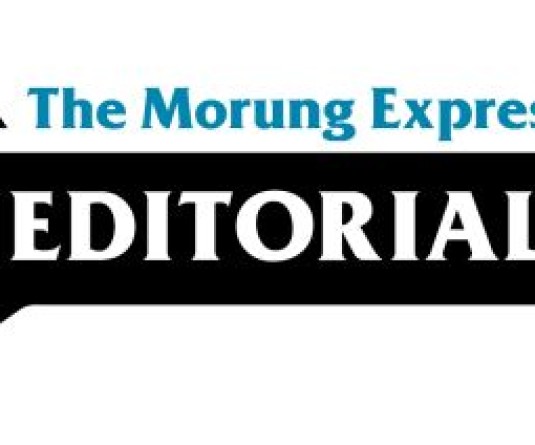
Aheli Moitra
KH Yahya Cholil Staquf, Secretary General of the Nadhatul Ulama (a Sunni Islam movement that originated in Indonesia in 1926 as a response to the rise of Wahabism in Saudi Arabia and Islamic modernism in Indonesia), is one of the founders of the global movement of Islamic Humanitarianism. The movement seeks to reform Islamic orthodoxy and prioritize rahmah (universal love and compassion) as the main message of Islam.
Orthodoxy, said Gus Yahya during a regional seminar and workshop on the Nexus of Freedom of Religion or Belief and Freedom of Expression in Indonesia, are a result, among other things, of “political prophecies” that seek political gains. This leads to orthodoxy being preserved over centuries in a form that ceases to be contextual to the times, often perceived as the “true teachings” of a religion. Uncritical news reportage of these orthodox values leads to the shrinking of space for freedom, inclusion and democracy.
“Today we live in a fundamentally different realm of life,” he observed, with respect to the times in which ancient religious texts were written. People of different religions and backgrounds live together today. Globalization has infused spaces inhabited by peopleof multiple identities.
So, how does religion and religious leaders respond to this? And how does the media report on the changing dynamics of religion?
There is a need for religious leaders to develop an “alternative discourse” to challenge orthodoxy, the Indonesian leader offered – a discourse that responds to current ground realities. The ‘alternative discourse’ must also struggle politically, he noted, in order to challenge the orthodox order. It is, equally, important to engage and dialogue with other religious orders to create social harmony in an increasingly interconnected world where conflict somewhere can affect harmony anywhere.
It is essential that this paradigm is reported appropriately by journalists and the media in Nagaland has a great opportunity in this regard. There are progressive theologies –disseminated by some seminaries in the State – that provide an ‘alternative discourse’ to bigotry. These progressive theologies engage with political processes and recognize the rights of all groups of people.
The media in Nagaland has been limited in its capacity to coherently report on, and analyse, how Naga theology may have paved a universal progressive discourse by injecting indigenous values into global Christianity. The media has also been unable to explore the ‘alternative discourses’ that may have been produced by other religious groups that inhabit the ‘Naga space.’ This has swept the question of religious harmony in Nagaland under the carpet.
Newspapers should not just report on religious events as a mandatory ‘church program’ but analytically – even critically – look at how this major power centre (the church) operates; giving more visibility to discourses that promote the rights and dignity of all groups of people through a Naga theological perspective. Theological centres of learning and education can help newspapers and journalists to better understand this perspectiveso that people/readers learn from, and engage with, progressive theology that promotes inter-group dialogue if the society aspires to be inclusive, free, democratic and harmonious.
Comments are welcome at moitramail@yahoo.com





